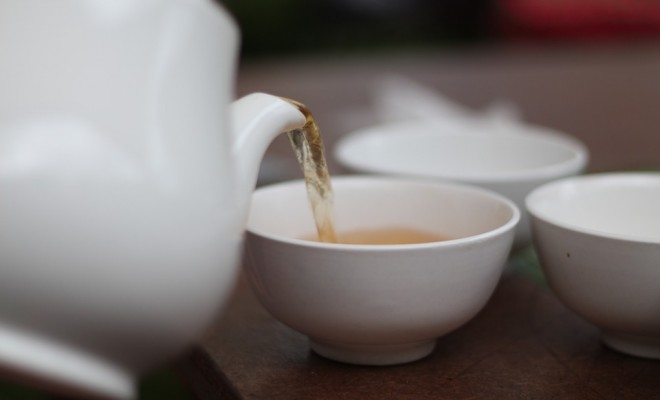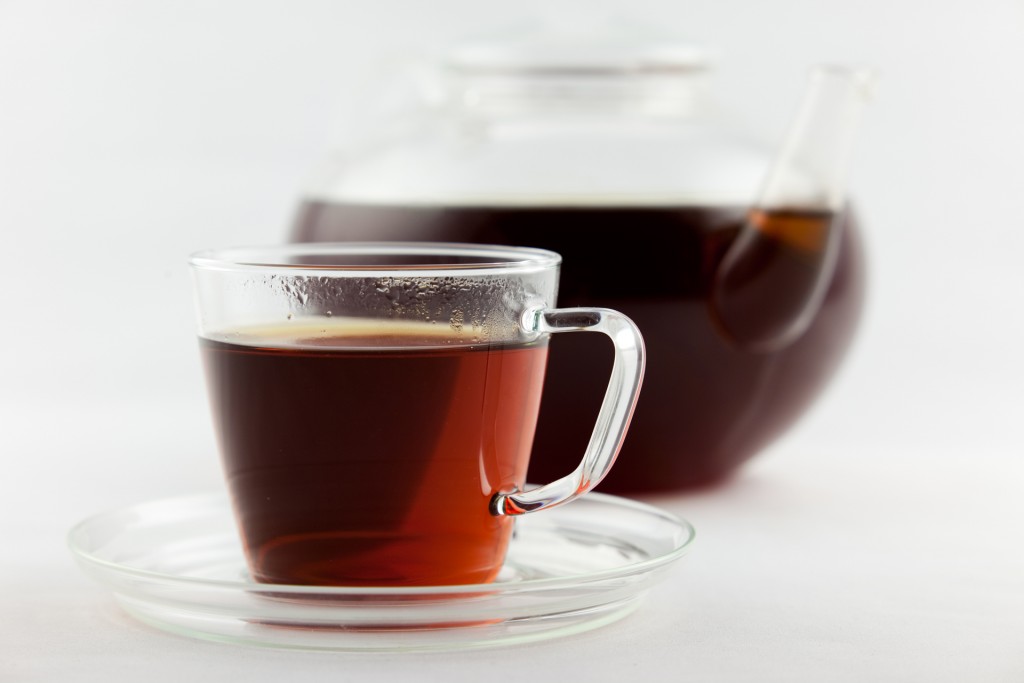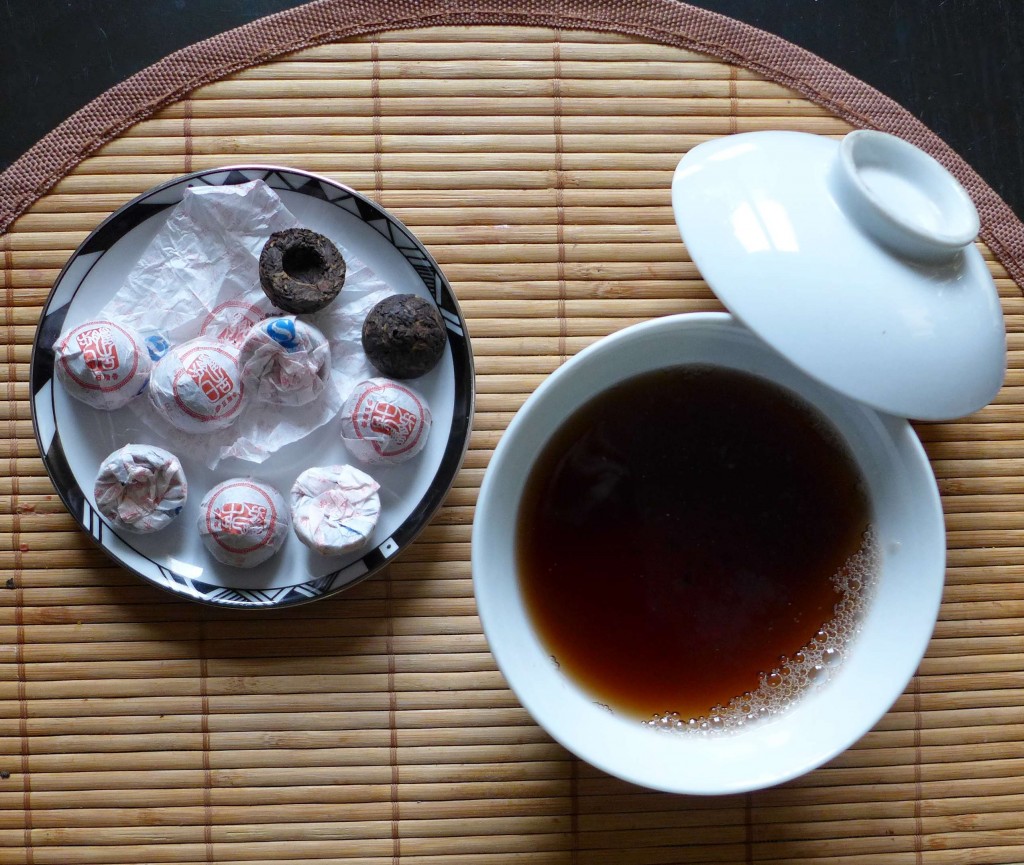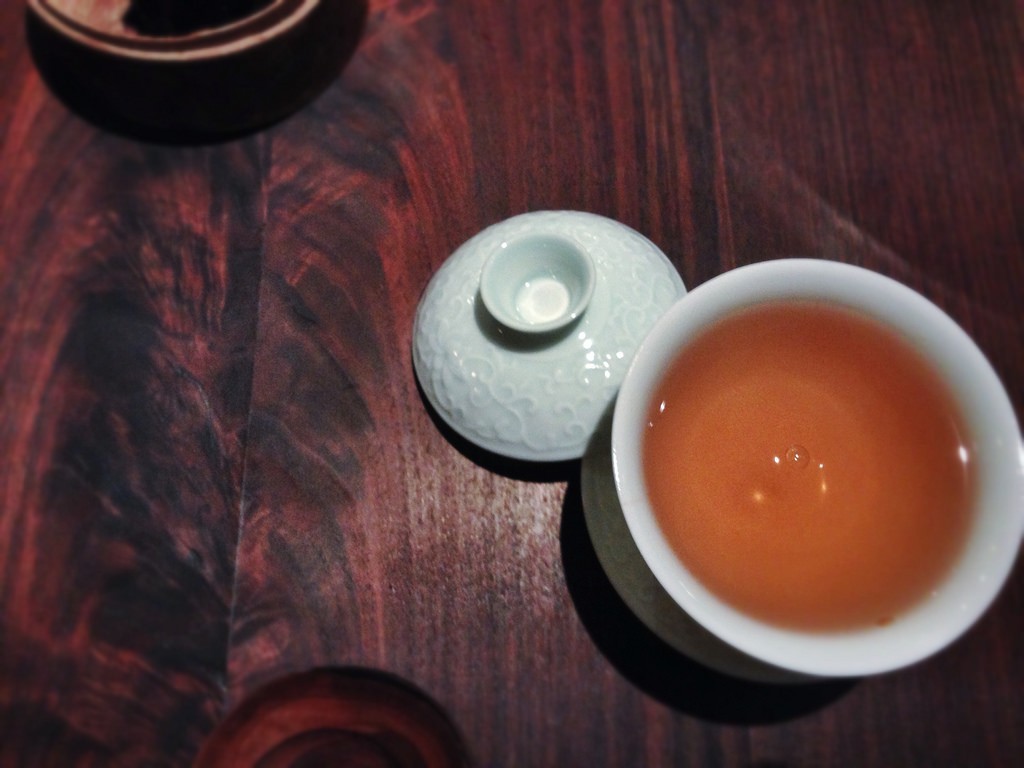
Health x Wellness
Top Five Teas To Combat Age-related Health Problems
With so many different types of teas in the market, find out which one works best for you.
We all know how drinking tea can bring about a myriad of health benefits and even help with weight loss. However, with so many different types of teas around, here are some that may interest the active ager.
1. Green Tea
A staple in the Japanese diet, this popular tea has long been favoured for its slew of health benefits. According to a literature review published on BioMed Central, various studies have shown that the polyphenol content in green tea helps to prevent cancer and cardiovascular diseases, while offering anti-arthritic, cholesterol-lowering and cognitive health benefits. In addition, the catechins (EGCG) found in green tea are known to boost metabolic rate and increase fat oxidation. With that, adding green tea to your diet will not only help manage your waistline, but also ward off various major health problems.
2. Rooibos Tea
Rooibos tea is the perfect caffeine-free anti-ageing tea that helps to delay brain ageing while relieving other health problems. According to a study, rats that were given rooibos tea were protected against age-related accumulation of lipid peroxides (from free radicals) in several regions of the brain. Drinking rooibos tea could therefore prevent premature ageing of the brain and keep your cognitive abilities in tact! The aspalathin (polyphenol) component of rooibos tea has also been proven to help balance blood sugar levels and prevent Type II Diabetes. Some medicinal benefits rooibos tea offers include lowering blood pressure and relieving digestive and respiratory problems. With so many benefits helping to combat age-related health problems, this tasty tea is a must-have for all active agers.
3. Pu-erh Tea
Originating from China, this well-loved tea is known for its weight loss properties and is commonly paired with oily or greasy meals. This is supported by a recent study, which has proven that pu-erh tea contains anti-obesity and antioxidant properties, and also prevents liver inflammation. Besides helping to combat weight gain, pu-erh tea has also been found to contain antibacterial properties that contribute to a healthier gut. The next time you find yourself indulging in a sinful high-fat meal, perhaps you could save yourself some guilt by having a steaming cup of pu-erh right after.
4. Roasted Barley Tea
You may or may not know much about roasted barley tea, but it is in fact a very popular and healthy beverage in Japan and Korea. Known as mugicha in Japanese and boricha in Korean, roasted barley tea makes a great caffeine-free substitute that smells and tastes almost like coffee! This aromatic tea is known to be a blood cleanser as it helps to regulate blood sugar levels and promote better blood circulation. Studies have also shown that roasted barley tea has anti-ageing benefits as it contains a high level of antioxidants, while other studies suggested that it can help protect against cardiovascular problems and high blood pressure. Roasted barley tea also helps to prevent tooth decay as it inhibits the colonisation of bacteria on teeth surfaces.
5. Ginger Tea
Known for its distinctive taste, ginger tea is traditionally used to relieve nausea, improve digestion and boost immunity. Along with these medicinal benefits, ginger tea also contains many anti-cancer properties that could prevent colon cancer or ovarian cancer; while its anti-inflammatory properties help to detoxify the liver, as well as relieve muscle soreness, arthritis and joint problems. For something both healthy and calming before bed, a cup of soothing ginger tea will certainly do the trick.
Now that you know the various health benefits these teas may bring, there is certainly no harm adding any one of them to your diet! However, despite this, not all teas are suitable for everyone. Drinking a particular type of tea in excess may also bring about certain undesirable side effects. Do consult your doctor on whether a particular type of tea is suitable for your health condition prior to consumption.












